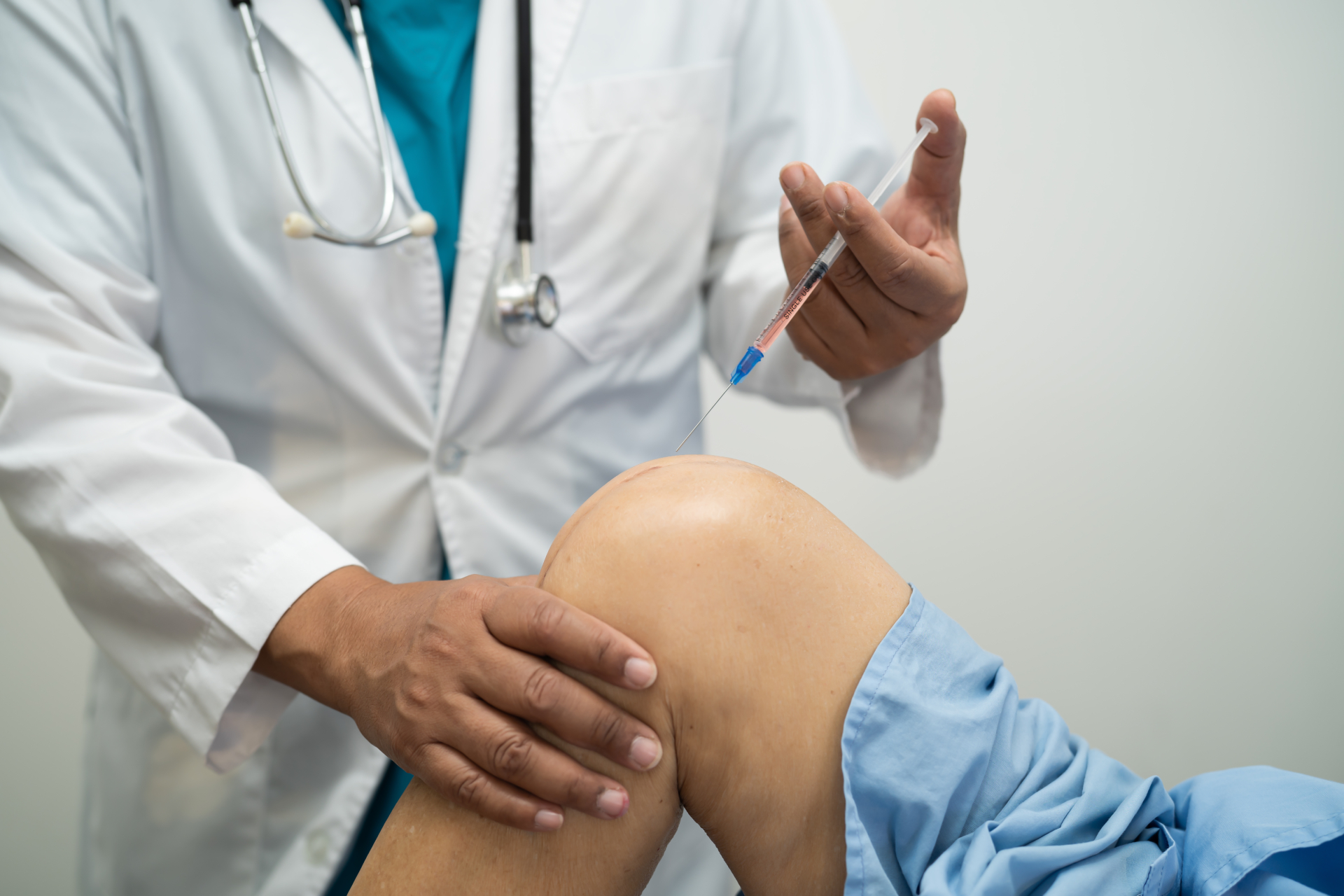Chronic joint pain can make everyday life difficult, whether it’s caused by arthritis, an injury, or years of wear and tear. If you’ve been told that surgery is your only option, you might be wondering if there’s an alternative. Platelet-rich plasma (PRP) therapy is an innovative treatment gaining popularity for its ability to promote natural healing and reduce pain. But can PRP replace surgery? Let’s explore what PRP is, how it works, and whether it might be the right solution for your joint pain.
What Is PRP Therapy?
PRP therapy uses the healing components found in your blood to stimulate tissue repair. Your blood contains platelets, which are rich in growth factors that support healing and regeneration. In a PRP treatment, a small amount of your blood is drawn and processed in a centrifuge to separate the platelets and concentrate them. The resulting PRP is then injected directly into the affected joint, where it works to reduce inflammation, promote cell growth, and enhance tissue repair.
How PRP Helps with Joint Pain
PRP therapy is particularly effective for conditions like:
- Osteoarthritis – PRP can help slow the degeneration of cartilage and improve joint function.
- Tendon Injuries – Chronic conditions like tendinitis respond well to PRP treatment.
- Ligament Sprains and Tears – PRP enhances healing in injured ligaments, reducing recovery time.
- Post-Surgical Recovery – Some patients use PRP to speed up healing after surgery, but it’s also being explored as a way to avoid surgery altogether.
PRP vs. Surgery: What’s The Difference?
Many people considering PRP want to know how it stacks up against surgical interventions like joint replacement or arthroscopic surgery. Here’s a breakdown:
Effectiveness
- PRP Therapy: Works by stimulating the body’s natural healing process, which means results take time. However, many patients experience significant pain relief and improved mobility within weeks to months after treatment.
- Surgery: Offers immediate structural repair but requires significant recovery time and rehabilitation.
Recovery Time
- PRP Therapy: Minimal downtime; most patients can resume normal activities within days.
- Surgery: Requires weeks to months of recovery, with physical therapy often necessary for full mobility restoration.
Risks and Side Effects
- PRP Therapy: Since PRP is derived from your own blood, the risk of allergic reactions or infections is extremely low.
- Surgery: Carries risks such as infection, blood clots, complications from anesthesia, and lengthy rehabilitation.
Cost Considerations
- PRP Therapy: Typically, not covered by insurance, but costs significantly less than surgery.
- Surgery: Often covered by insurance but involves hospital stays, rehabilitation, and potentially lost wages due to downtime.
Who Is a Good Candidate for PRP Therapy?
PRP joint injections are an excellent option for those with mild to moderate joint damage who want to avoid or delay surgery. It’s also beneficial for active individuals looking for a natural approach to healing. However, it may not be suitable for severe joint degeneration where extensive structural damage has already occurred.
What to Expect During PRP Treatment
- Consultation – Your pain relief doctor at The How Clinic in Encinitas will assess your condition and determine if PRP is right for you.
- Blood Draw – A small sample of your blood is collected and processed to create the PRP solution.
- Injection – The PRP is carefully injected into the affected joint using imaging guidance for precision.
- Recovery – You may experience mild swelling or soreness for a few days, but most patients return to normal activities quickly.
Is PRP the Future of Joint Pain Treatment?
While PRP may not fully replace surgery in all cases, it offers a promising alternative for many patients looking to reduce pain and improve joint function naturally. If you’re considering PRP injections for joint pain, consult with a qualified pain specialist at The How Clinic in Encinitas to see if it’s right for you.
By exploring regenerative medicine options like PRP, you can avoid the risks and downtime of surgery while promoting long-term joint health.
To request a medical appointment, please click here or call us directly at 877.381.4115.
To learn more, please visit www.TheHowClinic.com.
